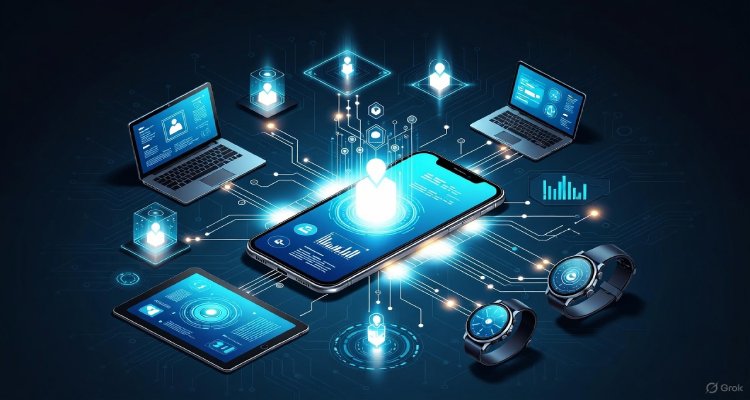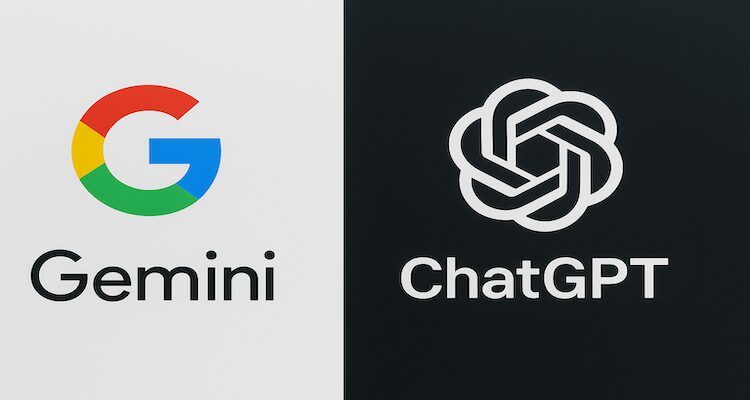Google vs OpenAI: How Tech Giants Are Positioning AI Tools
Google and OpenAI are racing to dominate the AI landscape with different strategies—enterprise integration, consumer trust, and future-ready tools.
Introduction: The AI Arms Race Heats Up
Artificial intelligence is no longer confined to research labs it’s rapidly becoming the backbone of modern business, creativity, and daily life. At the center of this transformation stand two giants: Google and OpenAI. Both companies are shaping the future of AI, but they are doing so with strikingly different playbooks. Their strategies reveal not only a clash of corporate philosophies but also a broader debate over what AI should mean for society.
Context & Background: From Experiments to Ecosystems
Just a few years ago, AI breakthroughs were celebrated in academic journals and tech conferences. Google pioneered deep learning research through its DeepMind unit, producing landmark advances in natural language understanding and reinforcement learning. OpenAI, meanwhile, was founded with a mission to develop safe and broadly beneficial artificial intelligence.

Fast forward to today, and the story has changed dramatically. OpenAI’s ChatGPT turned AI into a household name, while Google responded with Gemini, a multimodal model designed to rival OpenAI’s offerings. The competition is no longer about proving technical possibility it’s about who can define the market standard.
Main Developments: Diverging Paths to AI Dominance
Both companies are positioning themselves in distinct ways, shaping how consumers, enterprises, and developers interact with AI:
-
OpenAI’s Consumer-Centric Push
-
OpenAI has leaned heavily into consumer adoption with ChatGPT, which reached millions of users almost overnight. Its partnership with Microsoft has extended its reach, embedding AI directly into Office tools, Azure, and Windows. The company has also rolled out tailored subscription plans, like ChatGPT Plus and enterprise offerings, signaling a dual focus on mass adoption and corporate integration.

-
Google’s Ecosystem Strategy
-
Google, on the other hand, has positioned Gemini as a seamless extension of its existing ecosystem. From Google Workspace integration (Docs, Gmail, Sheets) to cloud partnerships through Google Cloud AI services, the company aims to lock users into its expansive suite of products. Google’s advantage lies in distribution billions of people already use its services daily, giving it a built-in runway for AI adoption.
-
The Differentiation Factor
-
OpenAI emphasizes creativity and conversational depth, marketing its models as flexible companions for ideation, coding, and problem-solving. Google, however, highlights scalability and trustworthiness, banking on its legacy of data infrastructure, enterprise partnerships, and a reputation for handling massive workloads securely.
Expert Insight & Public Reaction
Industry analysts see the rivalry as a pivotal moment in tech history. “We are watching the Apple vs. Microsoft moment of AI unfold in real time,” says Priya Shah, a technology strategist at FutureWorks Consulting. “OpenAI is nimble, user-focused, and disruptive, while Google is institutional, resource-rich, and infrastructure-driven.”

Public sentiment reflects this divide. Enthusiasts hail OpenAI for making AI accessible, while skeptics question its reliance on Microsoft’s ecosystem. Google’s Gemini has been met with curiosity but also criticism over late launches and rushed rollouts echoing the challenges of turning research excellence into consumer trust.
Impact & Implications: Who Wins the Future?
The implications of this rivalry extend far beyond corporate boardrooms:
-
For Businesses: Enterprises must decide whether to embed AI through Google’s cloud-driven enterprise infrastructure or OpenAI’s flexible APIs and Microsoft integrations.
-
For Developers: The competition fuels innovation but also raises fragmentation risks, as developers face a split ecosystem between Google’s platforms and OpenAI’s toolkits.
-
For Society: How these tools evolve will affect education, employment, and creativity, from how students write essays to how doctors analyze patient data.
The winner may not be the company with the most powerful model, but the one that earns the most trust and loyalty across industries and individuals.
Conclusion: A Defining Decade for AI

The race between Google and OpenAI is more than a corporate rivalry it’s about shaping the cultural, ethical, and economic fabric of the AI era. Both companies are betting big on different strategies, and the outcome will define not just who dominates the market, but also how billions of people interact with technology.
As Shah puts it, “This isn’t just about tools. It’s about who writes the playbook for the next generation of human-computer interaction.” For now, the world is watching, testing, and adapting waiting to see which vision of AI will become the future we all live in.
(Disclaimer: This article is for informational purposes only. It reflects independent journalistic analysis and should not be taken as investment, legal, or professional advice.)











